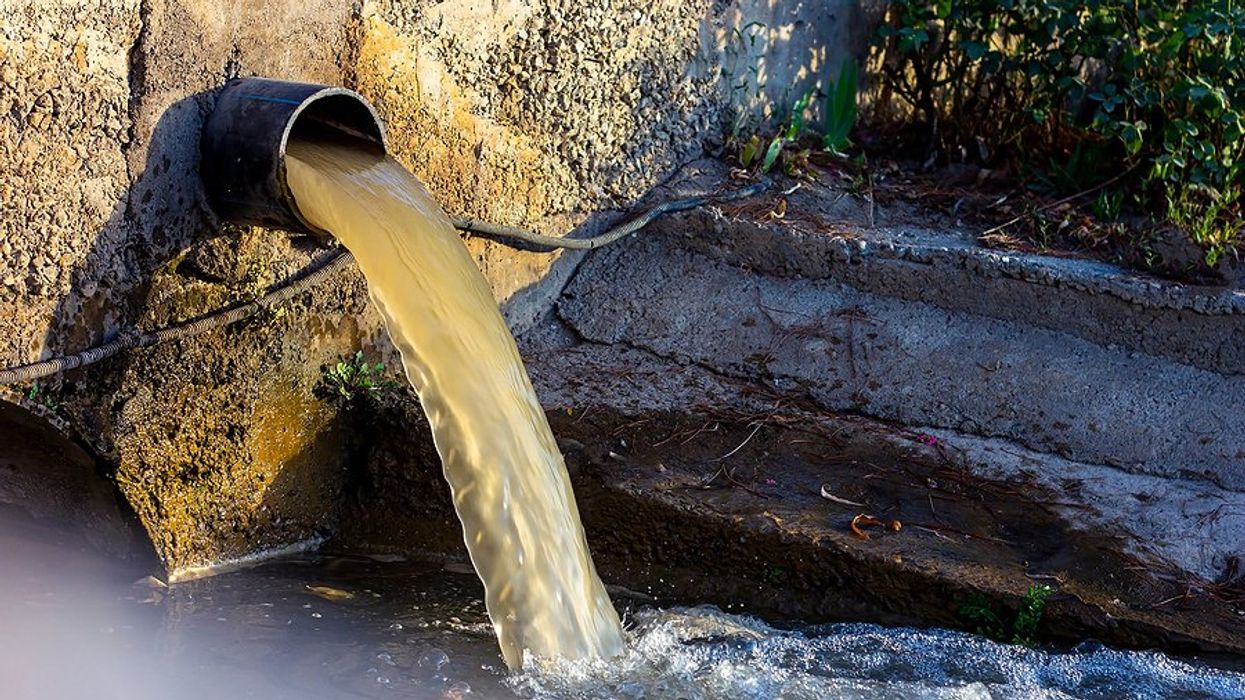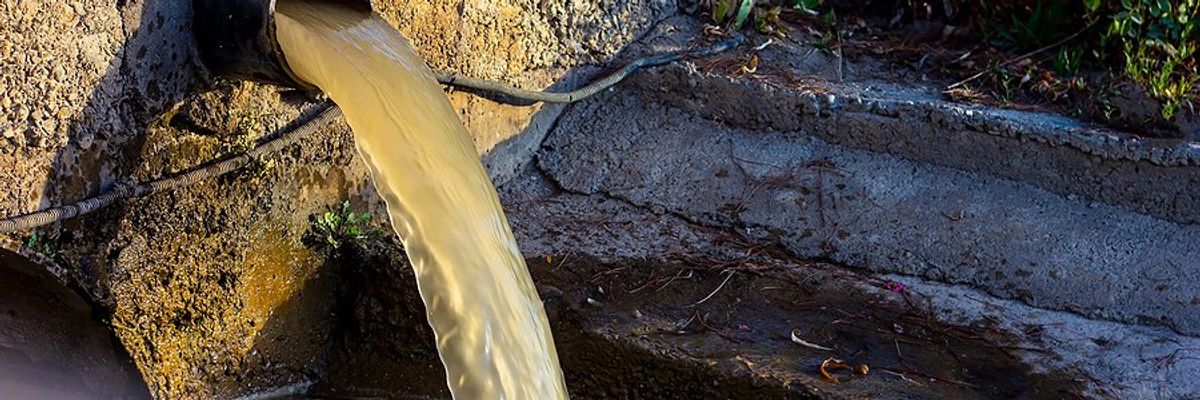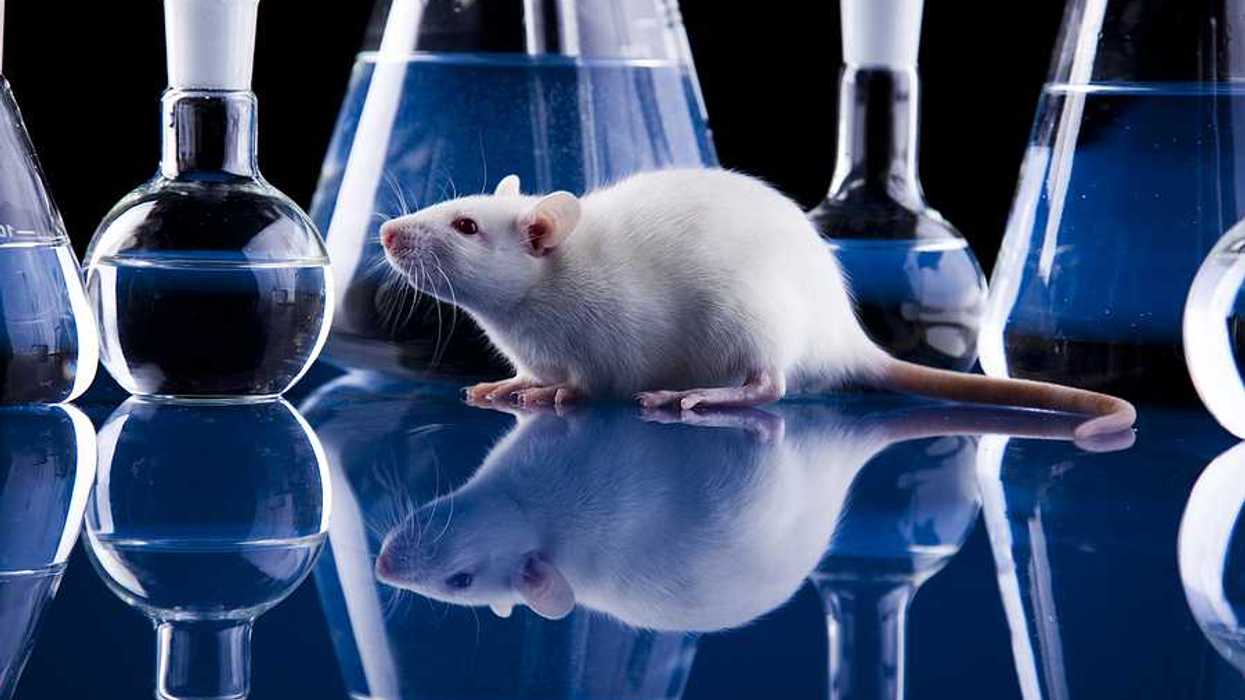Two Salisbury homeowners filed a second federal lawsuit alleging Perdue’s refinery is contaminating private wells with “forever chemicals” at levels far above federal limits.
Matti Gellman reports for The Baltimore Banner.
In short:
- The new complaint, lodged July 25 in Maryland District Court, claims Perdue’s Zion Church Road soybean facility keeps releasing PFAS-laden wastewater despite earlier litigation.
- Independent tests show PFOS concentrations topping 100 parts per trillion in some Peggy Branch River-side wells, more than 20 times the EPA’s 4-ppt health standard.
- Perdue says it has installed advanced treatment, supplied filters and bottled water, and denies wrongdoing; the broader class action now covers about 500 residents.
Key quote:
“Meanwhile, production continues and Perdue has taken no meaningful steps to stop the ongoing contamination or prevent PFAS-laden wastewater from leaving its facility.”
— Phillip Federico, attorney at the Brockstedt Mandalas Federico law firm
Why this matters:
PFAS, nicknamed “forever chemicals,” slip through most treatment systems and accumulate in human blood and soil. Although industry no longer uses some formulas, thousands of variations persist, and the federal government now ties even trace exposure to cancers, high cholesterol, and weakened immune response in children. The Eastern Shore’s sandy soils and shallow water table let pollutants move fast, so once the aquifer is hit, every backyard well and downstream riverbend can act as a direct tap. Rural families who rely on private water systems lack the testing schedules and rapid alerts that public utilities provide, leaving them to discover contamination only after illness or collapsed real-estate deals. Lawsuits spotlight those gaps but cannot quickly restore clean water.
Read more: Perdue faces lawsuit over alleged illegal PFAS waste dumping in Maryland
















